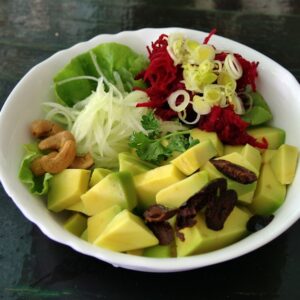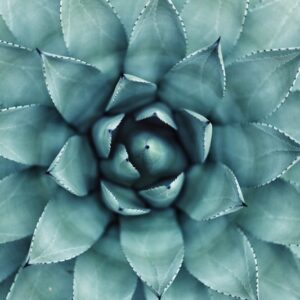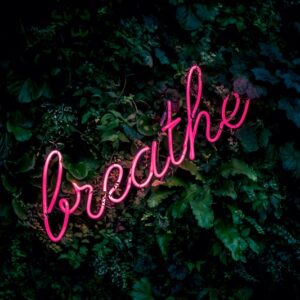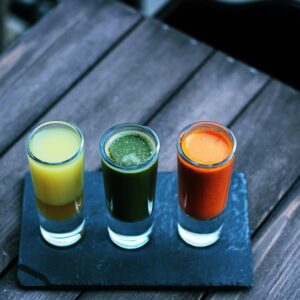Water is often overlooked in conversations about health and wellness, yet it plays a vital role in nearly every bodily function. From regulating temperature to aiding digestion and supporting cellular function, water is truly the lifeblood of human health. Staying properly hydrated can improve energy levels, mental clarity, physical performance, and even emotional well-being. In a world full of diet trends and health supplements, sometimes the simplest solution—drinking more water—is the most powerful.
The Importance of Water in the Human Body
The human body is composed of approximately 60% water, with different organs containing even higher percentages—brains are around 75% water, while blood is over 90%. Water is essential for transporting nutrients and oxygen to cells, flushing out waste, cushioning joints, and maintaining the balance of bodily fluids. It’s also critical for thermoregulation: the process of sweating and breathing that keeps your body temperature stable.
Even mild dehydration—losing as little as 1–2% of your body’s water content—can lead to noticeable decreases in cognitive performance and physical endurance. Long-term, inadequate water intake has been linked to an increased risk of kidney stones, urinary tract infections, and chronic kidney disease.
How Much Water Do You Really Need?
The age-old advice to drink eight 8-ounce glasses of water a day (the “8×8 rule”) is a good general guideline, but hydration needs vary based on several factors. These include age, weight, physical activity, climate, and overall health. For instance, athletes, pregnant or breastfeeding women, and people living in hot environments typically need more fluids.
The National Academies of Sciences, Engineering, and Medicine recommends a daily water intake of about 3.7 liters (125 ounces) for men and 2.7 liters (91 ounces) for women, which includes all fluids consumed—not just plain water, but also from foods and other beverages. Fruits, vegetables, tea, and even soups contribute to daily hydration.
The best indicator of hydration is your own body. Feeling thirsty is a sign to drink more, but urine color is an even more reliable signal—pale yellow indicates proper hydration, while dark yellow or amber suggests dehydration.
Benefits of Staying Hydrated
Proper hydration has far-reaching health benefits:
-
Increased energy and focus: Water helps your brain function efficiently. Dehydrations can cause fatigue, confusion, and short-term memory problems.
-
Improved digestion: Water aids in breaking down food and absorbing nutrients. It also helps prevent constipation by softening stools.
-
Weight management: Drinking water before meals can help you feel fuller, reducing calorie intake. Sometimes, people confuse thirst with hunger, leading to unnecessary snacking.
-
Healthy skin: Hydrated skin looks plumper, more radiant, and less prone to dryness and irritation. While water isn’t a miracle cure for aging, it contributes to overall skin health.
-
Detoxification: Your kidneys rely on adequate fluid intake to flush out toxins and waste products from the body.
Tips for Staying Hydrated Throughout the Day
Maintaining good hydration habits doesn’t have to be complicated. Here are some practical tips:
-
Start your day with a glass of water: After hours of sleep, your body wakes up slightly dehydrated. Drinking water first thing in the morning helps kickstart your metabolism.
-
Carry a reusable water bottle: Having water on hand makes it easier to sip throughout the day. Opt for insulated bottles to keep it cool.
-
Set reminders: If you often forget to drink, use an app or set alarms on your phone. Small sips over time are better than chugging large amounts at once.
-
Eat water-rich foods: Include foods like cucumbers, watermelon, oranges, lettuce, and strawberries in your diet. They help supplement your water intake naturally.
-
Limit dehydrating drinks: Alcohol and caffeinated beverages can act as diuretics. While moderate coffee or tea intake is fine for most people, balance them with plenty of water.
Conclusion
Water is not just a basic necessity—it’s a powerful ally in your pursuit of better health. Staying properly hydrated supports nearly every function in your body, from brain performance to digestion to skin health. While the modern wellness world may offer an overwhelming number of supplements and fads, don’t underestimate the healing, energizing power of something as simple as water. Make hydration a daily habit, and your body and mind will thank you.






